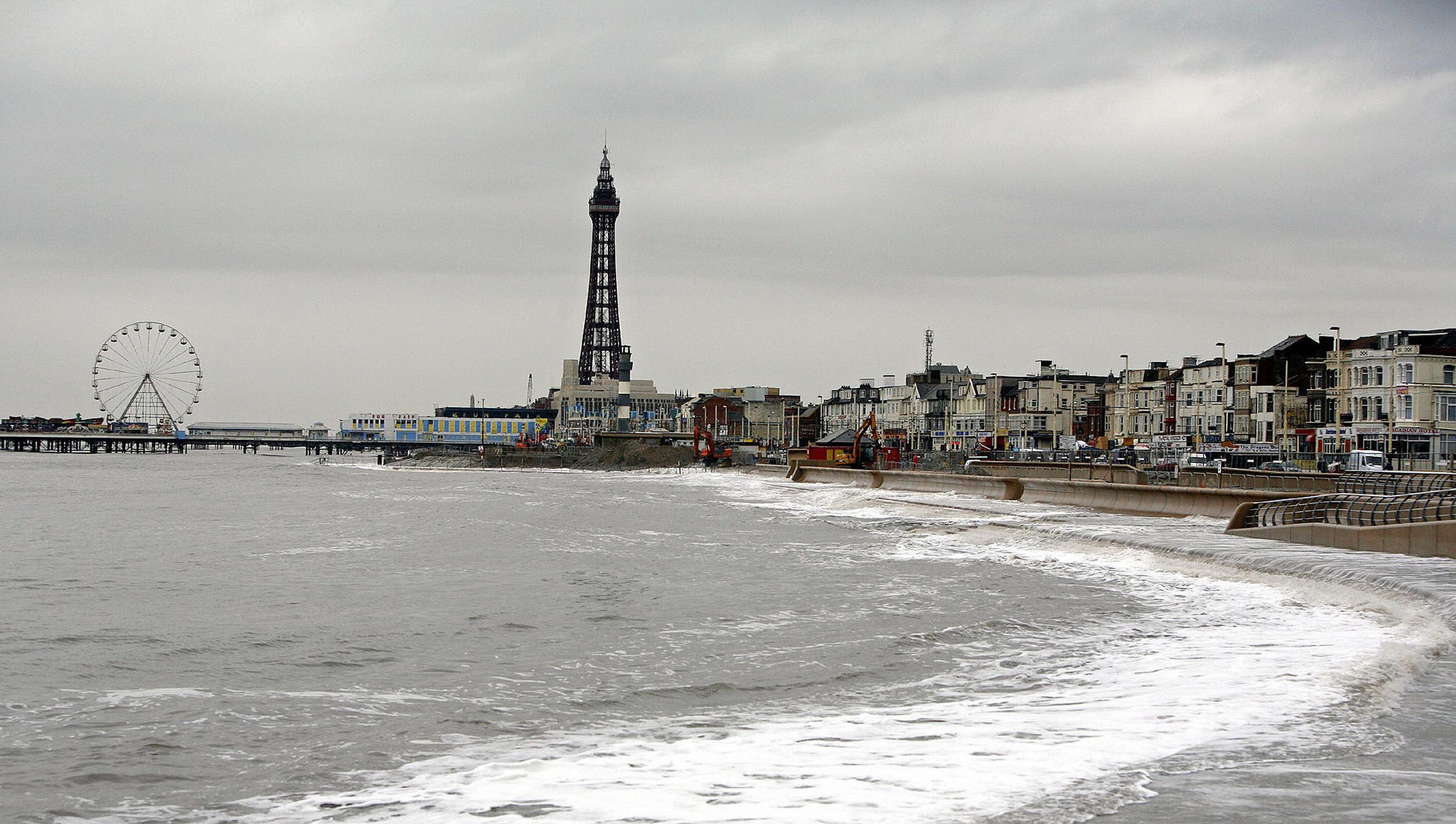Can maths really prove what makes a good shoreline? If so, then Blackpool is one of the best
An equation has been used to determine the planet's most attractive waterfronts - with some surprising results

Your support helps us to tell the story
From reproductive rights to climate change to Big Tech, The Independent is on the ground when the story is developing. Whether it's investigating the financials of Elon Musk's pro-Trump PAC or producing our latest documentary, 'The A Word', which shines a light on the American women fighting for reproductive rights, we know how important it is to parse out the facts from the messaging.
At such a critical moment in US history, we need reporters on the ground. Your donation allows us to keep sending journalists to speak to both sides of the story.
The Independent is trusted by Americans across the entire political spectrum. And unlike many other quality news outlets, we choose not to lock Americans out of our reporting and analysis with paywalls. We believe quality journalism should be available to everyone, paid for by those who can afford it.
Your support makes all the difference.Royal Caribbean has come up with what it claims is a mathematical formula to determine what makes a good shoreline – “scientifically proving” that Blackpool is among the world’s best.
Psychologist Dr David Holmes devised the formula for the cruise line, taking into account the clarity of the horizon; sea colour; sand quality, cleanliness, interesting features, air quality and weather.
Though many of these elements are subjective, Royal Caribbean claimed that “consensus of opinion prefers white or near white very fine sand that is deep and soft to the touch”.
“It is good to have some discrete point of interest to break the predictable scene slightly but not obscuring the sea, sand and horizon. This may be a natural feature such as a distant mountain or a piece of stunning architecture even a lighthouse,” it added.
The equation Dr Holmes came up with is below; it's unclear what the 21.33 is for.
(SC+CH) x (IF+SQ) x 100/21.33
AQ+C+W
Travel blogger Laila Swann applied the equation to her recent travel destinations. While most of the results, such as Krabi, western Thailand, and Cape Cod, Massachusetts, have classically attractive beaches, the biggest surprise comes from Blackpool, which came in at number two, behind the heavily built-up shoreline of Dubai. But who are we to argue with "science"?
The full results:
1. Dubai, UAE
2. Blackpool, UK
3. Gulf of Mexico, US
4. Cape Cod National Seashore, US
5. Inchydoney, West Cork, Ireland
6. Twelve Apostles, Victoria, Australia
7. Cape Town, South Africa
8. Cavelossim, Goa, India
9. Krabi, Thailand
10. Whitehaven Beach, Whitsunday Islands, Queensland, Australia
Join our commenting forum
Join thought-provoking conversations, follow other Independent readers and see their replies
Comments